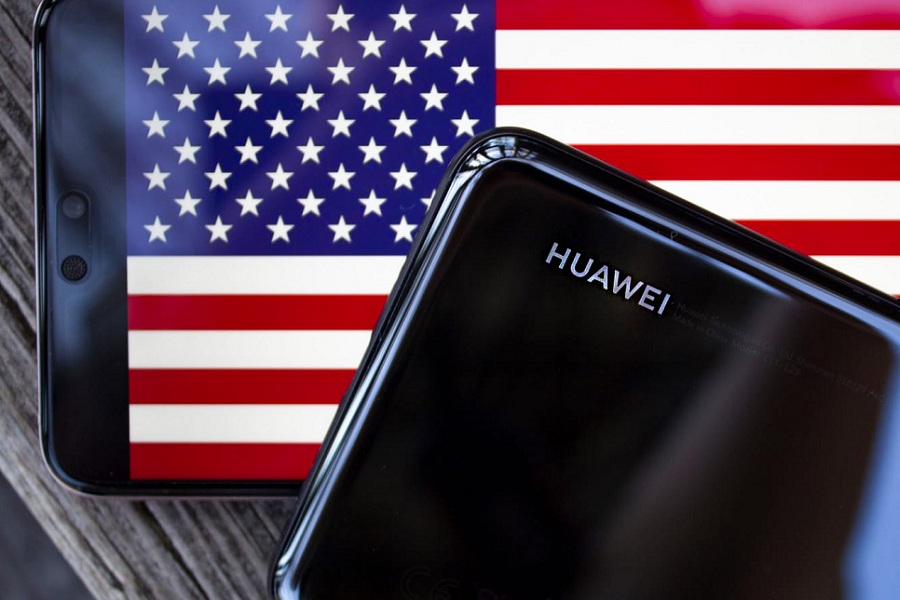Huawei Technologies, which is the largest smartphone vendor in China says that it has developed its own operating system (OS) for both smartphones and computers. The company started working on a proprietary OS as tensions between the organization and the US government could impact the availability of US-made operating systems currently being used on Huawei devices.
Huawei’s executive Richard Yu in a recent interview said, “We have prepared our own operating system, if it turns out we can no longer use these systems, we will be ready and have our plan B”
Huawei sued the United States, as a means to fight against the allegations and a ban that prohibits US government officials from purchasing or using any telecom equipment from the company.
The United States imposed a ban on usage of the company’s gadgets on the basis of allegations that the Chinese company is stealing information and secrets from the US. The later has not provided any proof of these claims whatsoever. Even though the fight between Huawei and the US has just begun, the company has already developed plan B in case of any negative outcome.
The bad news for Huawei fans is that the company itself is not sure of the success of its own operating system. A representative from the company was cited saying they don’t expect to use their backup systems and also that it doesn’t actually want to use them. Well, that’s no surprise, given that the other operating systems like Windows or Samsung‘s Tizen have struggled with the lack of third-party support system from application makers before.
This is not the first time the US has banned any mobile company. Last year the US Commerce Department punished a separate Chinese telecom equipment company, ZTE, for violating sanctions on Iran and North Korea and banned the US companies from selling their devices. Due to the ban, ZTE lost access to some major components which later forced it to temporarily shut down.




 Leaders in Islamabad Conference concludes with attendance of global leaders from more than 35 countries
Leaders in Islamabad Conference concludes with attendance of global leaders from more than 35 countries